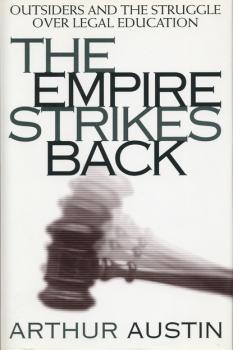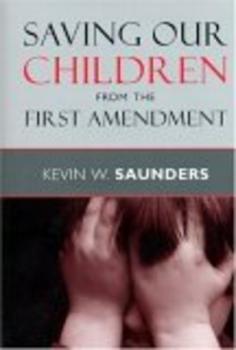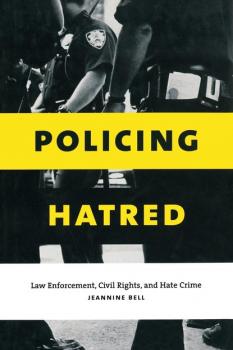ТОП просматриваемых книг сайта:
Critical America
Скачать книги из серии Critical AmericaАннотация
Информация о книге
Автор произведения Markus Dirk Dubber
Жанр Юриспруденция, право
Серия Critical America
Аннотация
Аннотация
Информация о книге
Автор произведения Группа авторов
Жанр Юриспруденция, право
Серия Critical America
Аннотация
Информация о книге
Автор произведения Arthur D. Austin
Жанр Юриспруденция, право
Серия Critical America
Аннотация
Информация о книге
Автор произведения John P. Jackson, Jr.
Жанр Юриспруденция, право
Серия Critical America
Аннотация
Информация о книге
Автор произведения Kevin W. Saunders
Жанр Юриспруденция, право
Серия Critical America
Аннотация
Информация о книге
Автор произведения Jeannine Bell
Жанр Юриспруденция, право
Серия Critical America
Аннотация
Аннотация
Аннотация
Информация о книге
Автор произведения Ediberto Román
Жанр Юриспруденция, право
Серия Critical America










